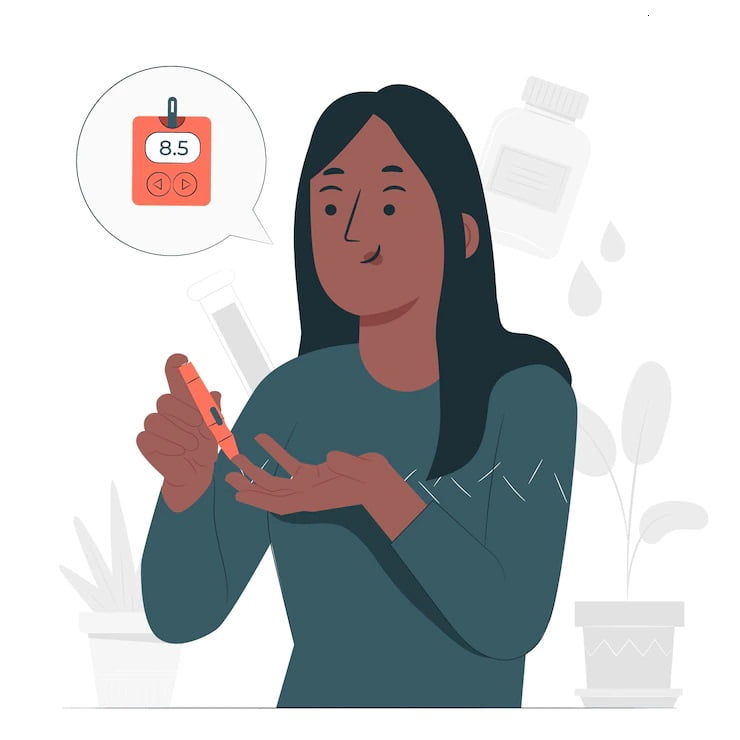Question: It sounds like you have Type 1.5 diabetes and require insulin and other medications to manage your blood sugar levels. You mentioned that you were prescribed Ozempic (semaglutide) by your doctor, but the insurance company denied coverage for it twice. This is frustrating, especially since you have a medical need for the medication. It is also concerning to hear that some people without diabetes are taking Ozempic for weight loss purposes.
Insurance companies should not be practicing medicine and making decisions about what medications are appropriate for someone to take. Likely, the insurance company is not covering the cost of Ozempic for weight loss purposes.
Ozempic is a prescription medication used to improve blood sugar control in adults with type 2 diabetes. It belongs to a class of drugs called glucagon-like peptide-1 (GLP-1) agonists, which work by increasing the production of insulin in the body and reducing the production of glucagon, a hormone that increases blood sugar. Ozempic is usually taken once a week by injection, and it can be used in combination with other diabetes medications.
Type 1.5 diabetes, also known as Latent Autoimmune Diabetes in Adults or LADA, is a form of diabetes that is similar to both type 1 and type 2 diabetes. It is characterized by the presence of autoimmune markers (such as the presence of certain autoantibodies) and a slow decline in insulin production, similar to type 1 diabetes. However, unlike type 1 diabetes, which usually occurs in children and young adults, LADA tends to occur in adults and may be misdiagnosed as type 2 diabetes. People with LADA may initially be able to manage their blood sugar levels with lifestyle changes, such as diet and exercise, but may eventually need insulin therapy to control their blood sugar.

It’s not uncommon for insurance companies to question the use of certain medications, including Ozempic, and to require prior authorization before covering them. This may be due to concerns about the cost of the medication or its potential side effects. If your insurance company is questioning your use of Ozempic for LADA, you may want to speak with your healthcare provider and provide them with any information that may help support your treatment plan. It may also be helpful to review your insurance policy to understand what is covered and what may require prior authorization.
Question: I learned from your former employer, a retired doctor, that keeping your blood pressure around 140/90 is acceptable as you age. However, your current family doctor believes that you would be healthier if you can get your blood pressure down to 130/80 or lower. You may want to discuss this discrepancy with your doctor and provide them with any relevant information or research that supports your former employer’s recommendation. It is always important to work with your healthcare provider to determine the best course of treatment for your specific situation.
It sounds like you were concerned when you noticed that the coating on your aspirin tablets had come off and the pills had swelled to twice their original size. Many aspirin tablets are enteric-coated to protect the stomach, but it is possible to find soluble aspirin that can be crushed. In the U.S., soluble aspirin is available under the brand name Alka-Seltzer, which contains sodium bicarbonate, citric acid, and aspirin. It is also possible to make your soluble aspirin by dissolving a quarter of a plain uncoated aspirin tablet in a glass of club soda. However, it is not clear whether this solution would be suitable for your mother to take if she has swallowing difficulties.
